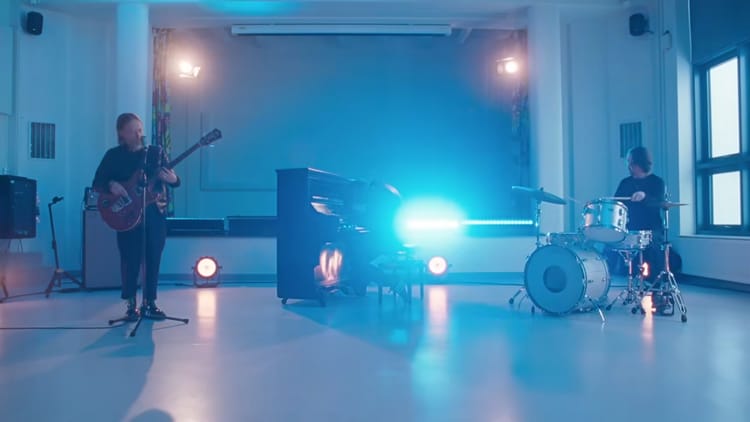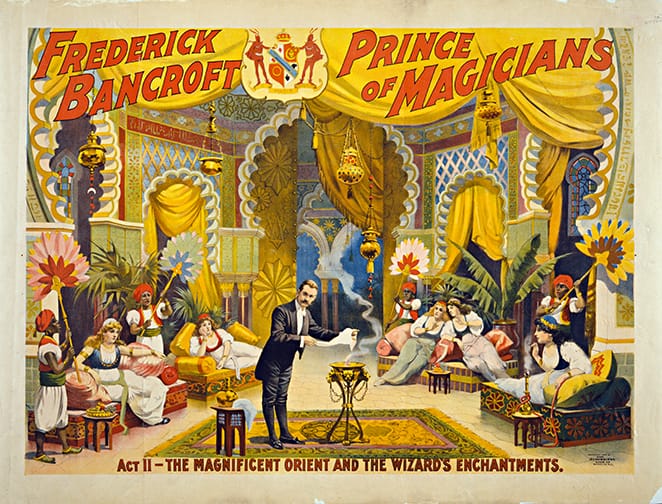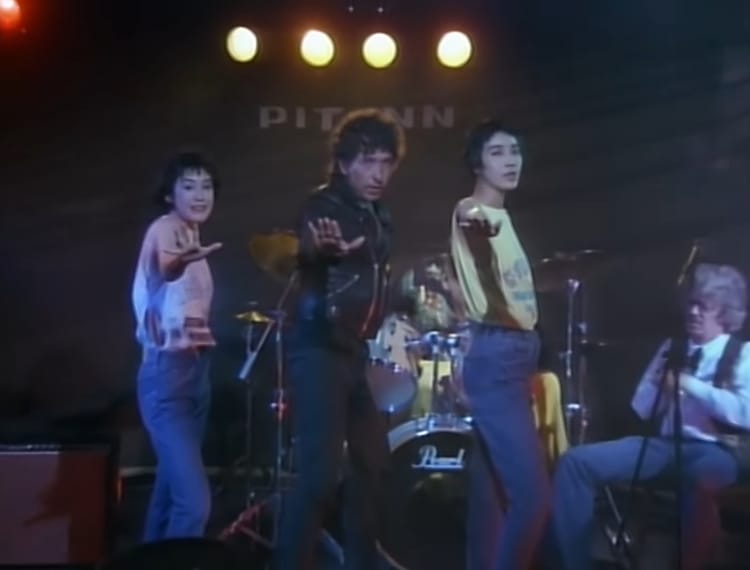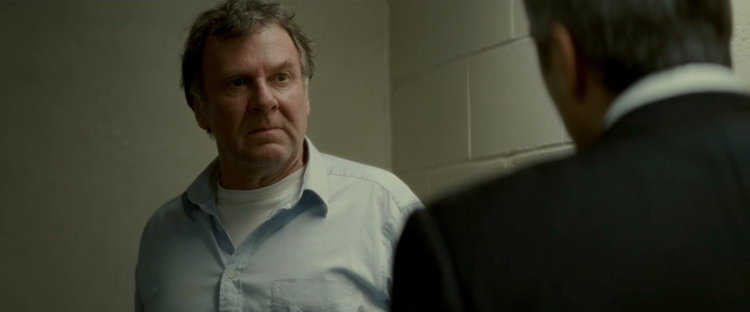On Kevin Smith and "Clerks III"
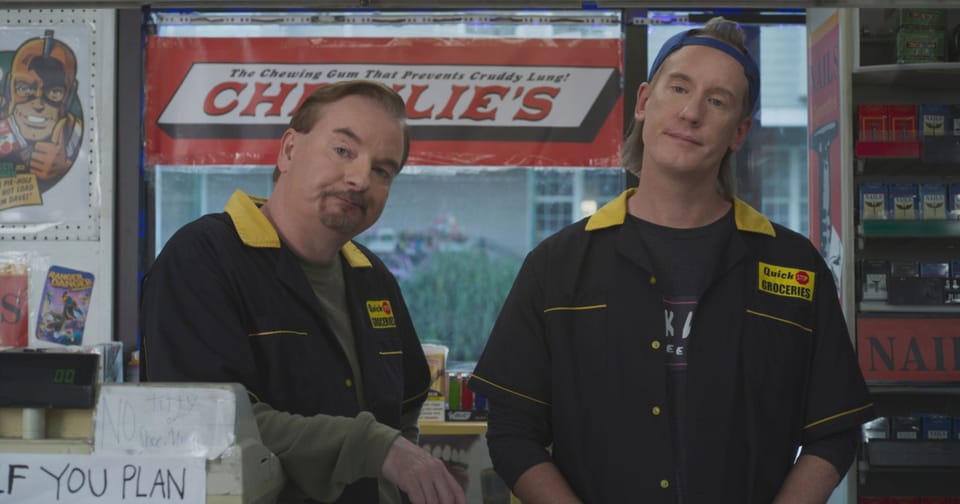
Disclaimer: This piece is going to basically take Kevin Smith and Clerks as a given rather than expend too much energy laying groundwork for the man and the phenomenon. If that’s a barrier for entry, I apologize, but I’m not sure how much digital ink anyone needs spilled on Kevin Smith at this point. Whatever’s here is probably more than enough.
One night in 2011, I went to see Kevin Smith’s Red State at the Wang Theatre in Boston. Smith was eschewing the traditional distribution model for this movie, and instead was traveling city to city to play it for one night only in grand theaters, following the screenings with a Q&A. I had rarely been so excited to see a movie; I had cared deeply about Smith for going on a decade by that point, and everything I’d seen and read about Red State–a visually gritty horror movie from someone whose bread and butter had been visually indistinct comedy–suggested he was breaking through some barrier and beginning a new and exciting phase of his career.
After the movie ended, I strode up to the mic to ask a question of my favorite filmmaker. It had to do with the death of one of the characters, which had elicited cheers from the audience. Was it unsettling, I asked, to give life to a character and then hear a crowd cheer for that person’s demise?
“Nah, man,” he told me. “They’re just paper people.”
The line struck me powerfully. It seemed dismissive of the very idea that his own craft might be worth engaging with, and ever since I’ve found it clarifying as to Smith’s perspective as a filmmaker: there’s no need to take anything seriously. All of this is made of paper. Don’t think too hard about it.
Red State did mark a turning point for Smith, but not the one I anticipated. With that movie, Smith abandoned any pretense of mainstream storytelling and began to market directly to his cult of fans and obsessives. As I say, there was a time when I was a member of that group–I cringe to think about how much dorm room wall space I afforded the Askewniverse (the title of the interconnected world of the bulk of his films). His movies meant everything to my adolescent self—as I perused the auteur starter pack, I gravitated magnetically to his then-unusual ability to mix pop culture marginalia and stylized characterization into the world of indie film. Clerks, that no-budget convenience store Beckett, hit me like a revelation; Mallrats I took as a respectable misstep; Chasing Amy was another revelation (for better or worse), emotionally raw, visually distinctive, and often subtle in a way he’d never been before and would never be again; and Dogma, when it felt like he was given the budget and freedom to conjure an entire world, was a crowning achievement. His movies had the heightened design and gentle juvenilia of a cartoon, and they pushed the boundaries of sexual dialogue and profanity just enough to perfectly suit a teenager’s own emergent dirty mind. I was made for him and he was made for me.
I, like most of the world, was cold on Smith’s 2004 step away from the Askewniverse with Jersey Girl, and so I was heartened by his return to safer ground with Clerks II in 2006. The movie struck me as a fitting expansion, growing the world to a scale more appealing to a mass audience without ever sacrificing the ribald spirit of the original. I’ve done myself the favor of not revisiting Clerks II in recent years. I rewatched everything up to the painful Jay and Silent Bob Strike Back in 2019 as preparation for a Bright Wall/Dark Room essay that didn’t happen. It was a dispiriting marathon, though not as dispiriting as my efforts to watch 2016’s Yoga Hosers and 2019’s Jay and Silent Bob Reboot. With the caveat that I do have a perverse fondness for 2014’s singular body horror Tusk, everything he’s made for going on a decade now has been indulgent, visually garish, and tonally misjudged.
All of this to say: the announcement of Clerks III filled me with some amount of dread. The first two movies, in their different ways, had seemed like work with something at stake. In the years since, Smith had increasingly set up situations in which nothing was at stake. What would this factor mean for how he told the stories of Dante and Randall?
Let’s begin with the release strategy: Smith’s films have not received traditional theatrical distribution in many years, but to get Clerks III into at least some theaters, he’s employing Fathom Events, where it will play from September 13 to 18. Fathom is a service meant for speciality fare like anniversary re-releases of popular classics and simulcasts of Met operas, and so the choice demonstrates the precarious market space that Clerks III falls into–if the casual moviegoer of 2022 is aware of Smith at all, then Clerks is probably in their filmic vocabulary, but his movies haven’t broken through into the cultural conversation in so long that it might seem unwise to submit this one to the box office coliseum. Instead, spend a few days scraping whatever you can out of fans’ wallets and get out without most people knowing you were there at all.
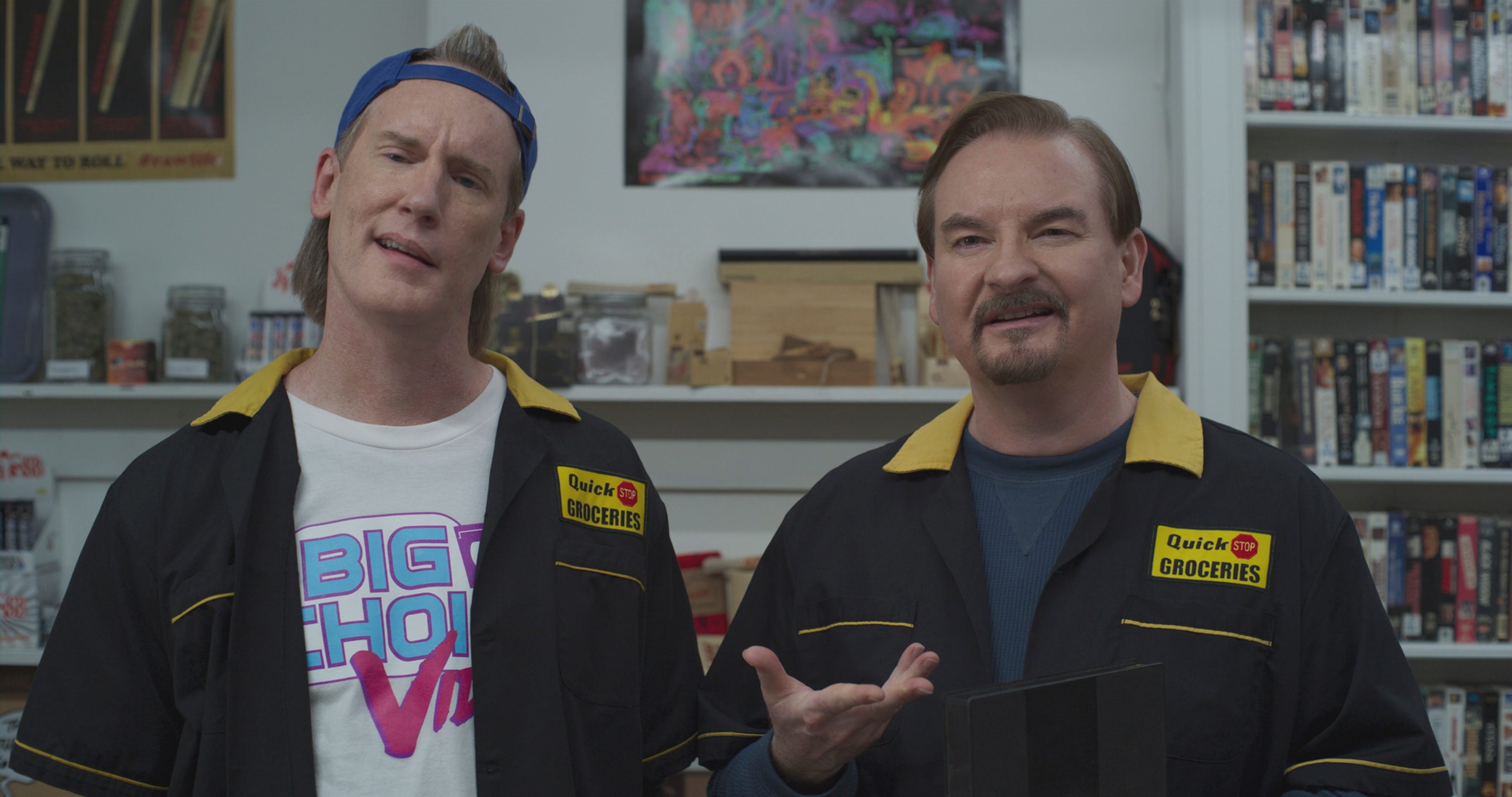
Smith has long mocked himself for being unsure of how to use a camera save putting it down and pointing it at his actors, but the tendency reaches an apotheosis in Clerks III, yielding a bizarrely stagey and digital-glossy film utterly lacking in the aesthetic texture that once made Clerks so distinctive. It’s a quality of which Smith seems well aware, granting one character a monologue describing the very aesthetics of that film as the reason it works at all. If only he’d been able to absorb his own lesson.
You may wonder why characters in Clerks III might be talking about the aesthetics of Clerks. That would be due to the borderline-Synecdoche, New York storyline. Abandoning what passed for a narrative framework in the first two films–the conceit that their stories take place across a single day–Smith picks up with Dante (Brian O’Halloran) and Randall (Jeff Anderson) where last we left them: working at the Quick-Stop convenience store, which they now own (what was once the video store next door is now a marijuana dispensary operated by Jay and Silent Bob). After a heart attack, Randall is struck by a wave of ennui, believing he’s never contributed anything meaningful to the world. And so, seemingly on a whim, he decides to become a filmmaker, beginning with an ode to convenience store life that happens to be a precise recreation of Clerks.
It’s a curious thing to suggest that Clerks could be a successful independent film in 2022 (which, though we don’t see its fruition, is implied to be the fate of Randall’s project). Clerks became a phenomenon because there was little out there like it. Now, no-budget films dense with pop culture references and young-adult malaise have become so commonplace that Randall’s movie would be practically pedestrian—and that’s to say nothing of the bizarre fact that this is no longer a young adult’s story, with Randall and Dante themselves starring in the film and so retracing the first film’s scenarios as men thirty years older than the ones the roles were written for; as I say, comparisons to Synecdoche, New York aren’t hard to make.
There was always a certain gulf in talent and appeal between the stiff O’Halloran and the livewire, if stagey, Jeff Anderson, and it’s only widened with time. O’Halloran can no longer lean on youthful energy as a crutch, and perhaps as a result, he’s increasingly pushed to the margins of the franchise to which he’s nominally the lead–at one point, Randall playfully suggests that Dante is neither the Luke nor the Han of their dynamic but rather some barely-remembered tertiary Star Wars character. The joke is meant purely to bully Dante, but the fact is it’s hard to call him co-lead of the film. His (rather bleak) emotional journey alongside Rosario Dawson’s Becky, back from Clerks II for little more than a cameo, takes place entirely beyond Randall’s purview, and so feels awkwardly grafted onto the ensemble shenanigans of the filmmaking project.
At no point does Clerks III pretend to be anything but a nostalgia play, but when the movie shifts into a mode of directly recreating shots from the first film, including the return of multiple minor performers, it slips into a realm of true shamelessness, jabbing viewers like me in the ribs and begging for a jolt of emotionality. It couldn’t be more conspicuous, but it’s hard to begrudge Smith his victory lap. Clerks III is clearly inspired by his own 2018 heart attack, and if he needed to bring another round of closure to this story, he did so in as graceful a way as he was seemingly able. I may find some of the choices painfully misjudged–everything about the return of Clerks II supporting character Elias (Trevor Fehrman), who converts to Satanism early on and dresses in exponentially more garish goth outfits from there, is a nightmare–but I’ll choose not to find too much fault with the sentimentalism. There are far more toxic examples of nostalgia out there than the Clerks franchise.
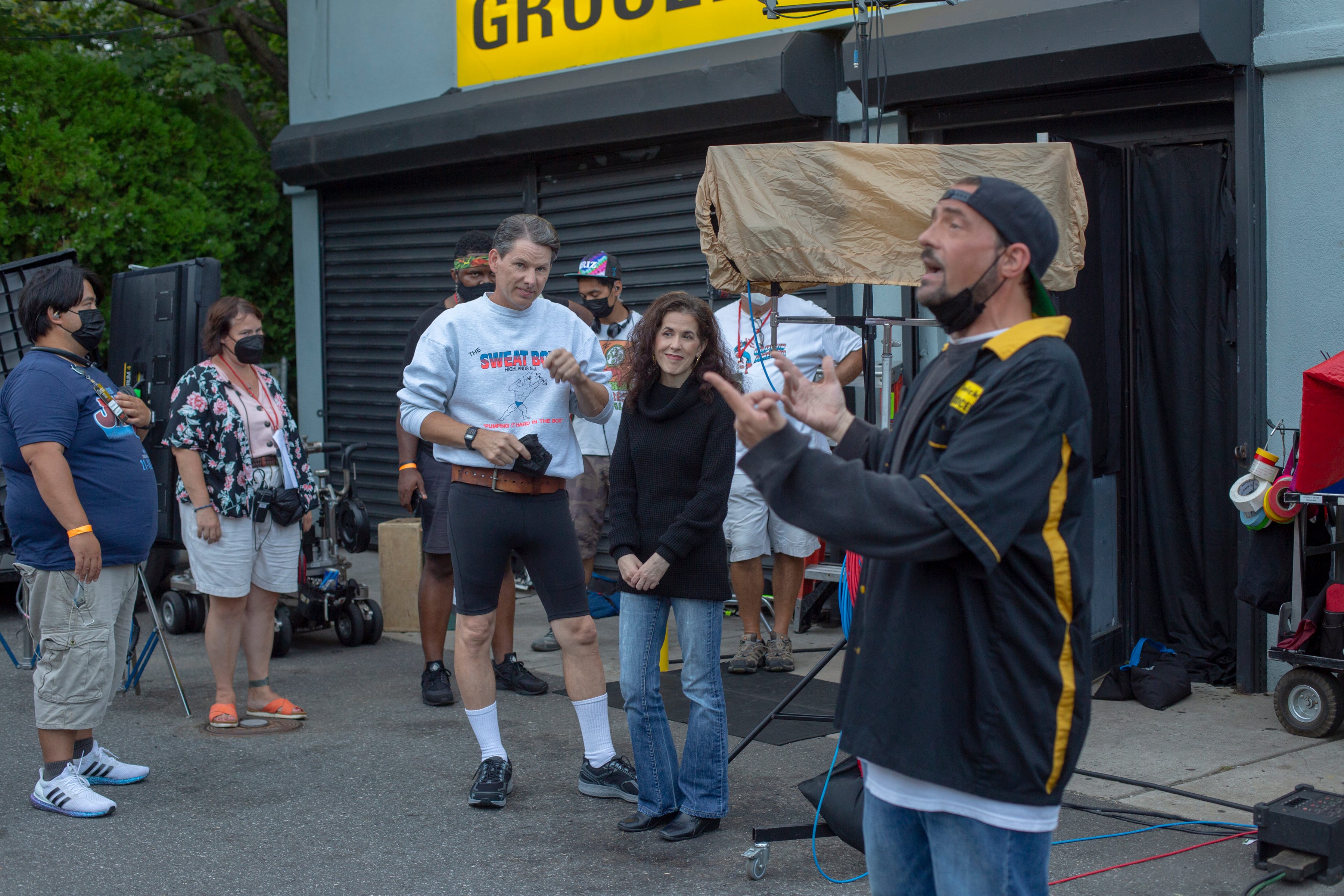
I won’t spoil what happens in the ending of Clerks III, but I will spoil what happens after the ending. As the credits roll, Kevin Smith’s voice bursts in, and he delivers a rambling coda while the names of crew members continue scrolling by. He reflects on the significance of making the film and then reads his originally scripted ending, which he (wisely) chose to excise from the final film. The choice is bizarre and borderline calamitous–Smith interrupts the pleasant comedown of an end credits sequence and immediately undercuts the meaning of the film’s closing shots by plastering an alternate ending on top. It’s clear by now that Smith doesn’t consider Dante and Randall to be paper people, otherwise we wouldn't be here talking about a second sequel made almost thirty years after the original. But it would seem equally clear that he considers his projects to be paper movies, presented as sketches hardly worth taking seriously, and so rendering any potential criticism automatically moot. At any rate, I’ll levy the criticism anyway: Kevin Smith is capable of better than this, and it’s a shame he’s no longer interested in trying.
Rather notoriously, in the 2000 Esquire poll that asked film critics to pick the next Martin Scorsese, Andrew Sarris selected Kevin Smith. For as perverse as the suggestion might sound on its face, around the time of Dogma, Smith was a filmmaker with a distinctive voice and what seemed to be a maturing vision. It was exciting to contemplate where the future might take him. The answer is: nowhere in particular. His ambition has receded ever since Sarris made his now laughable prediction. As a former fan, it’s exhausting to witness. I hope Smith is finally finished with the Askewniverse. Buddy Christ knows I am.
I went a little longer than usual this week, so I’m going to cap it there, we’ll get back to sundry ephemera and links next time. Honestly, I’m not even supposed to be here today.*
*Clerks reference, this is in fact the newsletter’s regularly scheduled day.
Clerks III will be in theaters courtesy of Fathom Events next Tuesday to Sunday, September 13 - 18.
